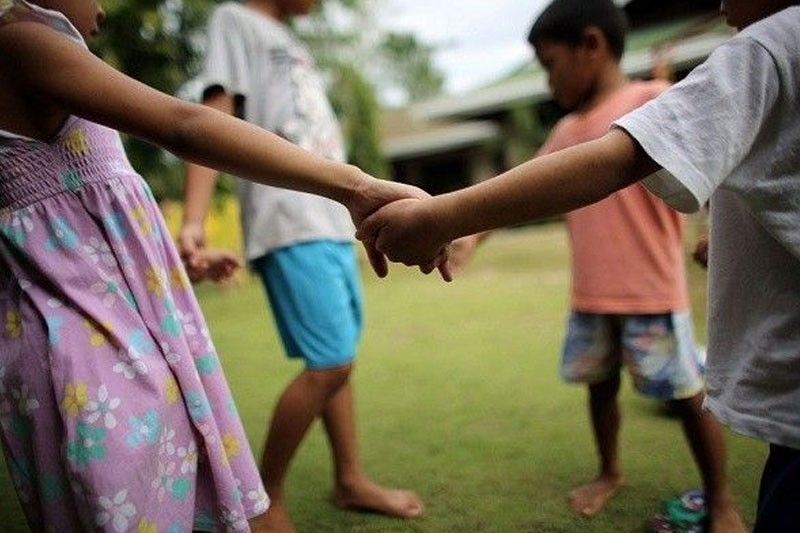Study shows girls fare better than boys in school

MANILA, Philippines — Girls fared better and are more likely to be on track with their schooling than boys, according to a study on Filipino children ahead of International Day of the Girl Child on Oct. 11.
Phase III implementation of the Longitudinal Cohort Study on the Filipino Child was launched by the United Nations Population Fund (UNFPA), in partnership with the Australian government, United Nations Children’s Fund, National Economic and Development Authority and University of San Carlos-Office of Population Studies (USC-OPS).
The study has tracked the development of Filipino children over 15 years, following the same group of 5,000 children from age 10 in 2016 until the end of the Sustainable Development Goals in 2030.
The study is a timely reminder of the importance of investing in the health, education and well-being of adolescent girls, UNFPA country representative Dr. Leila Joudane said Tuesday.
“We are at that crucial point in time when the children covered by the study are going through the tumultuous and crucial period of adolescence, when they develop knowledge and skills, learn to manage emotions and relationships and acquire abilities that will be important for them as they become productive members of society,” Joudane said.
Meanwhile, Australian embassy Development Counsellor Thanh Le PSM emphasized the importance of greater dissemination of the study’s findings to help inform policymakers as they address the needs of Filipino children and girls.
During the launch, researchers from USC-OPS shared key findings from the study. They pointed out that girls fared better during the first six years of the study.
In terms of education, at age 16, girls are more likely to be on track with their schooling than boys (85 percent of girls vs. 75 percent of boys). This means more girls were in age-appropriate grades, were not delayed or repeated a school year.
During their earlier years, teenage boys are more likely to engage in risky behaviors such as smoking and drinking alcohol than teenage girls. At age 13 to 14, 7.7 percent of boys have tried smoking, compared to only 2.5 percent of girls. Similarly, 21.8 percent of boys have tried drinking alcohol, compared to 12.8 percent of girls.
The researchers noted, however, that the study also showed the unique challenges related to gender norms and stereotypes that could significantly impact the futures of girls.
Data gathered at age 15 to 16 of the respondents showed that 2.6 percent of the girls have already experienced early pregnancy while three percent are cohabiting or living with their partners, compared to only one percent of the boys.
And while the majority is asked to perform household chores, unequal gender norms or stereotypes are observed as girls spend more time (40 percent more) on such tasks compared to boys. This might mean they have less time for studying or rest.
“We already know from other national studies that women are less likely to be able to participate economically and in decision-making during adulthood. Our cohort study aims to learn why this happens and what factors contribute to girls losing their edge as they reach adulthood. We are hopeful that the study will generate insights that will help stakeholders provide solutions and enable women to realize their full potential,” said one of the study’s researchers, director Nanette Lee-Mayol of USC-OPS Foundation Inc.
As the sexual and reproductive health agency of the United Nations, UNFPA pointed out that ensuring that adolescent girls “have access to comprehensive sexuality education and sexual and reproductive health services will benefit not just their adult life but also our society and the next generation of children.”
- Latest
- Trending































